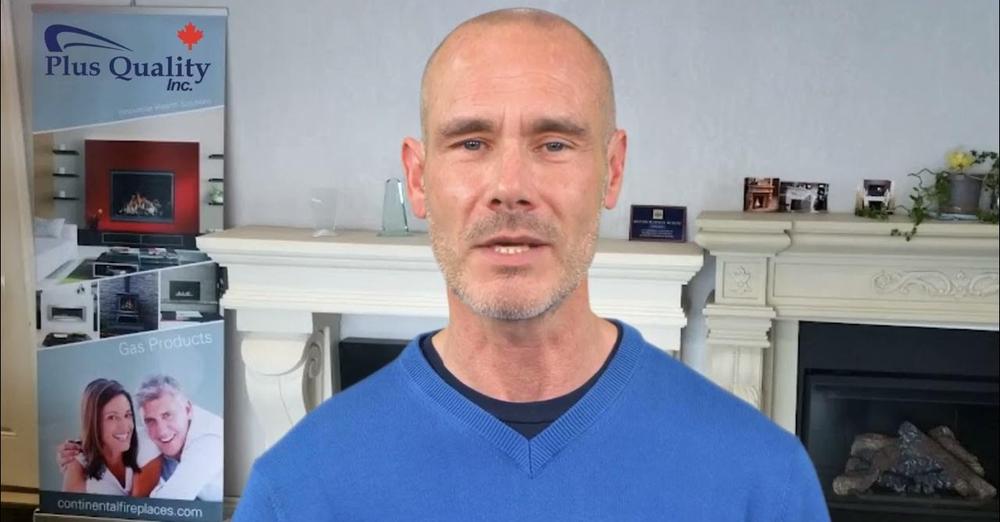Are you looking to maximize the efficiency of your HVAC system while minimizing energy costs? Look no further! The professional and highly skilled team from A-Plus Quality is here to provide you with some valuable tips to keep your HVAC system running efficiently.
1. Regular Maintenance: Schedule regular maintenance checks for your HVAC system to ensure it's operating at peak efficiency.
2. Clean or Replace Air Filters: Dirty filters restrict airflow, causing your HVAC system to work harder. Clean or replace filters every 1-3 months.
3. Programmable Thermostat: Install a programmable thermostat to regulate temperatures based on your schedule, reducing energy usage when you're away.
4. Seal Air Leaks: Seal gaps and cracks around windows, doors, and ductwork to prevent air leakage and improve energy efficiency.
5. Proper Insulation: Ensure your home is properly insulated to maintain consistent temperatures and reduce the workload on your HVAC system.
6. Upgrade to Energy-Efficient Equipment: Consider upgrading to ENERGY STAR certified HVAC equipment for improved efficiency and lower energy bills.
7. Use Ceiling Fans: Utilize ceiling fans to help distribute air throughout your home, allowing you to set your thermostat higher without sacrificing comfort.
8. Close Curtains and Blinds: During hot summer days, close curtains and blinds to block out heat from the sun, reducing the strain on your HVAC system.
9. Keep Vents Clear: Ensure vents are clear of furniture, rugs, and other obstructions to allow for proper airflow.
10. Schedule Professional Inspections: Schedule annual inspections with HVAC professionals to identify and address any issues before they become major problems.
By implementing these energy efficiency tips, you can ensure your HVAC system operates optimally, saving energy and money in the long run.



